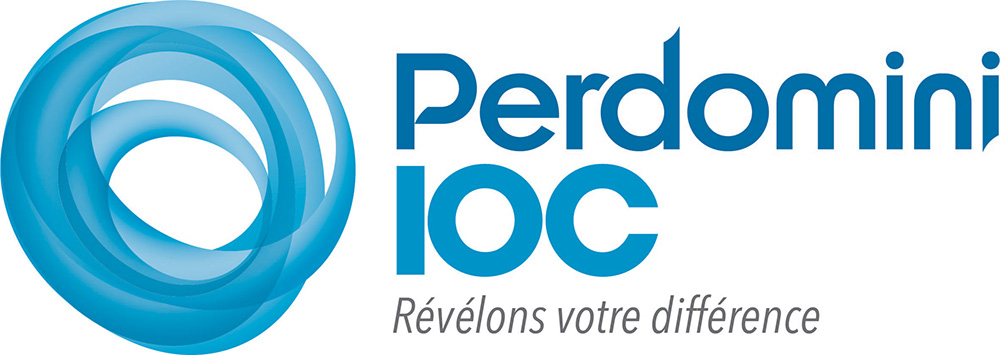Wine enzymes are used in winemaking as biological catalyst agents. This means they have the power to speed up several biochemical reactions that take place in grapes, must and wine which would otherwise take place too slowly.
Following a number of laboratory studies on biotechnologies for winemaking, enzymes for winemaking are no longer used solely for fining must but also for many objectives in the pre-fermentation stages– such as maceration and flotation – and in the post-fermentation stages – such as removal of odours and colours, stabilization, aging and filtration.
The Perdomini-IOC wine enzymes range includes a broad assortment of enzyme-based products, with varying proportions of pectic enzymes and beta-glucanase enzymes, in order to respond to the highly specific needs of wineries crafting red, rosé and white wines.
Perdomini-IOC’s enzymes for wine making have been designed to increase the efficacy of pectinase and beta-glucanase by cancelling out the effects of volatile phenols and anthocyanins decay.
Browse here the Perdomini-IOC selection of wine enzymes.
ENO&ZYMES RANGE
Wine enzymes, pectic and β-glucanase for fining, flotation, maceration, aging and filtration
ZIMOPEC RANGE
Pectic enzymes for wine fining, flotation, maceration, stabilization and filtration
OTHER ENZYMES
Enzymes for wine making to release colour and aromas
Enzymes in wine production: advantages and applications
Enzymes for wine making are usually made up of certain pools of enzymes, mainly obtained by fermentation of Aspergillus Niger, which allows pectinase to act more freely, and Trichoderma Harzianum, which enhances the effects of beta-glucanase.
Using wine enzymes can enhance various stages of the vinification process:
● Fining wine: enzymes in fining wine may reduce the quantity of lees and shorten their removal time, making it easier to inoculate the yeasts and remove flocs by flotation.
● Wine maceration: enzymes can facilitate the pressing and clarifying operations, and can lead to a better-quality must richer in aromas.
● Maceration extraction: at this stage, wine making enzymes enable the rapid removal of anthocyanins and tannins, releasing colour and aromatic substances in the must.
● Post-fermentation release of aromas: wine enzymes may release aroma precursors in wines after the fermentation stage, leading to richer sensory profiles.
● Filtration and aging: the use of enzymes in wine filtration makes a significant contribution to wine filterability and to the quality of aged wines on their own lees.
Using specific enzymes in wine production can be a solution to the various issues associated with fining, maceration, filtration and many other stages in winemaking, and at the same time may guarantee that grapes and finished wines are top quality.
To find out how Perdomini-IOC wine making enzymes can improve the overall quality of your wines, contact our sales network for advice and information dedicated to your winery!




